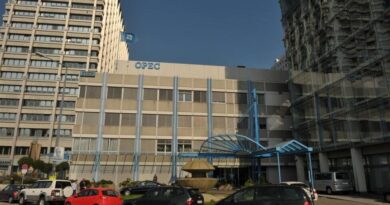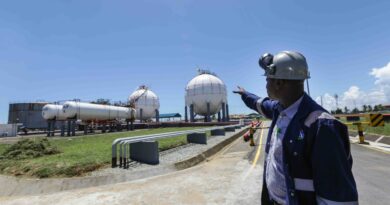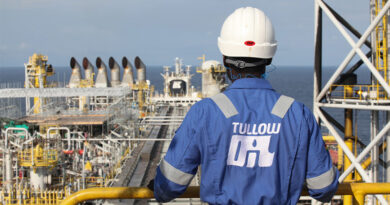EPRA keeps fuel prices unchanged for one month as import prices rise

The Energy and Petroleum Regulatory Authority (EPRA) has kept fuel prices unchanged in the latest review, even as the cost of importing petrol and kerosene went up.
This means that the current fuel prices will remain in place until the next review on December 14, 2024. EPRA is mandated by the Energy Act, 2019 to set maximum pump prices on the 14th day of every month.
In Nairobi, petrol will continue to retail at a maximum of Ksh180.66 per liter, diesel will sell at Ksh168.06 while kerosene will cost Ksh151.39. Mombasa, which has the lowest pump prices in the country, will see petrol, diesel and kerosene prices sell at a maximum of Ksh177.42, Ksh164.82 and Ksh148.15 per liter respectively.
In the period under review, the maximum allowed petroleum pump prices for super petrol, diesel and kerosene remain unchanged
EPRA Director-General Daniel Kiptoo
The unchanged prices are some sort of an anticlimax to motorists who were hoping for a further decrease in pump prices following the significant drop during last month’s review.
In the October review, EPRA reduced the price of super petrol, diesel and kerosene decrease by Ksh8.18, Ksh3.54 and Ksh6.93 per litre respectively. The lower fuel prices, in addition to lower food and cooking gas prices, helped drive inflation down to 2.7% in October, which is the lowest in 17 years.
EPRA calculates the pump price of fuel by taking the average cost of all fuel cargoes imported between the 10th of the previous month and the 9th of the current month.
In the most recent importation cycle, the landed cost of petrol increased by 0.54% per cubic-meter, that of diesel declined by 4.34% while that of kerosene went up by 3.97%.
the energy review
At the same time, the average exchange rate of the Kenyan shilling vs the US dollar moved from Ksh129.61 in September to Ksh129.49 in October.
Currently, Kenya imports all its petroleum products requirements in refined form following the closure of the Kenya Petroleum Refineries Limited refinery at Changamwe in Mombasa in 2013.
Kenya currently imports the commodity from three companies owned by the two Gulf countries on a credit period of 6 months under the government-to-government arrangement. These companies are Saudi Aramco, Abu Dhabi National Oil Company (ADNOC) and Emirates National Oil Company (ENOC).
brian@theenergyreview.com
Discover more from THE ENERGY REVIEW
Subscribe to get the latest posts sent to your email.


